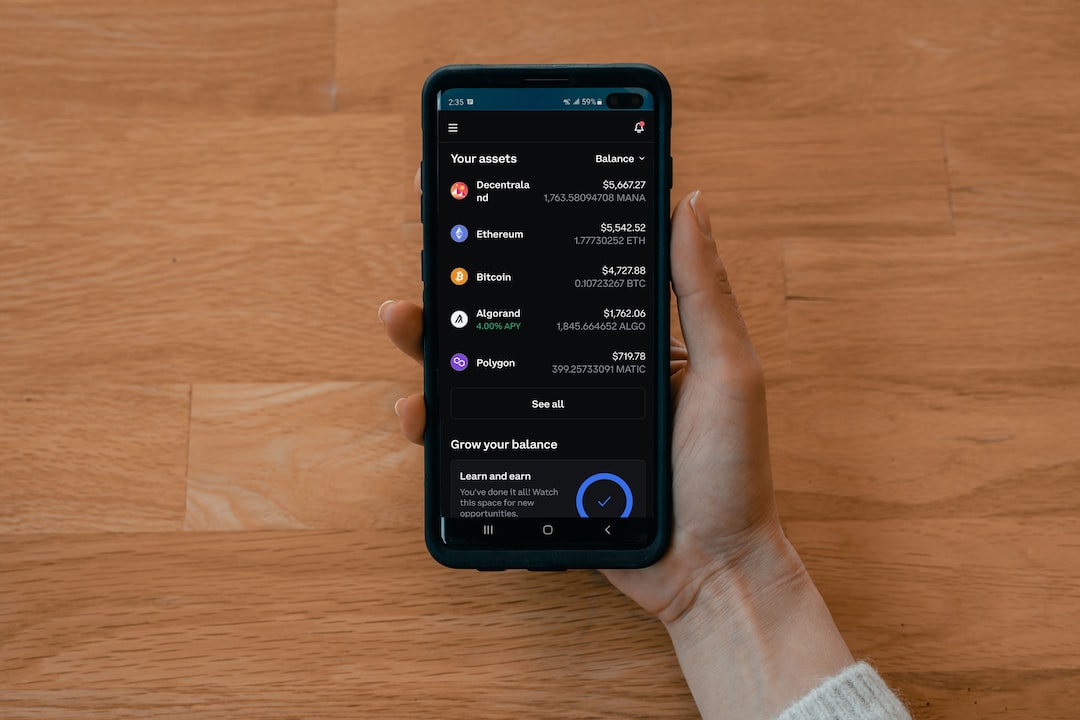Four States Challenge CBDCs as Legal Tender
Four states – Utah, South Carolina, South Dakota, and Tennessee – have introduced bills challenging the status of Central Bank Digital Currencies (CBDCs) as legal tender. This signals a growing resistance against the federal government’s push towards digital currencies.
Utah’s Stance on CBDC
In Utah, Representative Tyler Clancy has proposed House Bill 164 to explicitly exclude CBDCs from the state’s definition of money. The bill aligns with the Utah Specie Legal Tender Act and the state’s Uniform Commercial Code (UCC), stating that a CBDC is not legal tender in the state.
South Carolina’s Legislative Actions
South Carolina has taken a similar approach to Tennessee. State Senator Shane Martin introduced Senate Bill 861, which adds the term “does not include any central bank digital currency” to the state’s definition of money in its UCC.
South Dakota’s Involvement
The Department of Labor and Regulation in South Dakota requested Senate Bill 58, which also excludes central bank digital currency from the state’s definition of money according to its UCC.
Tennessee’s Approach
In Tennessee, State Senator Frank Niceley proposed a bill that would amend the state’s UCC to exclude CBDCs from the definition of money. The bill adds the clause “does not include any central bank digital currency” to the existing legal definition of money.
Federal vs. State Jurisdiction
These state-level initiatives raise questions about the supremacy of federal law over state law regarding monetary policy. While opponents argue that federal law would override state law under the supremacy clause, it remains uncertain how effective these state measures would be against a potential federal CBDC rollout.
Globally, governments are exploring the adoption of CBDCs as a more secure alternative to physical cash. However, concerns about government surveillance and control over consumer spending have arisen. The digital nature of CBDCs could enable governments to monitor and restrict individual financial transactions, raising privacy and civil liberty issues.
Conclusion
The actions of Utah, South Carolina, South Dakota, and Tennessee reflect growing skepticism towards CBDCs at the state level in the United States. These developments highlight concerns about privacy, government surveillance, and the balance of power between federal and state jurisdictions. As the conversation around CBDCs evolves, these state-level initiatives could shape the future of digital currency in the U.S.
Hot Take: State Resistance to CBDCs Challenges Federal Push for Digital Currency
Four states in the U.S. – Utah, South Carolina, South Dakota, and Tennessee – have introduced bills to exclude Central Bank Digital Currencies (CBDCs) from their definitions of money. This resistance indicates a growing skepticism towards CBDCs at the state level, raising questions about federal law supremacy and concerns about privacy and government control. While it remains uncertain how effective these state measures would be against a potential federal CBDC rollout, they could play a pivotal role in shaping the future of digital currency in the United States.





 By
By
 By
By
 By
By


 By
By